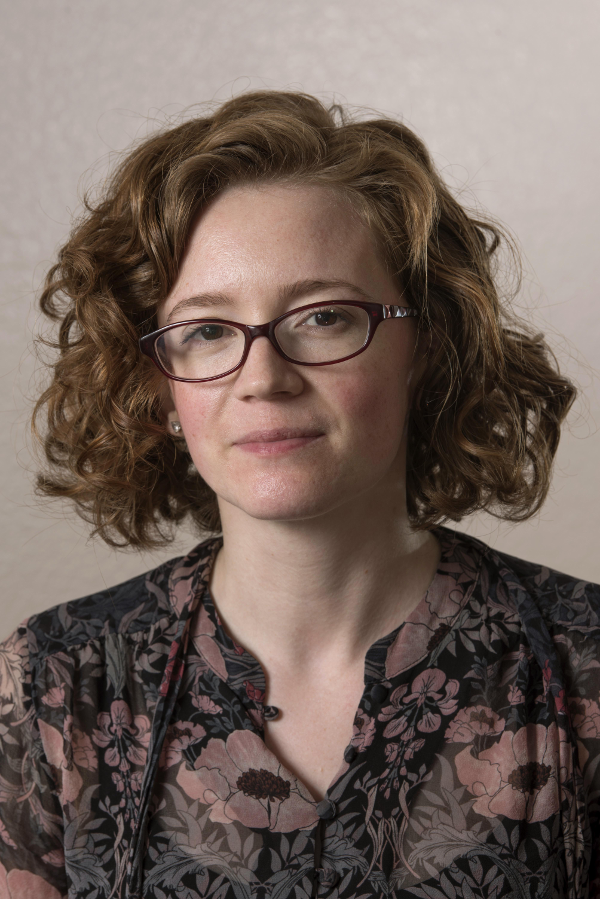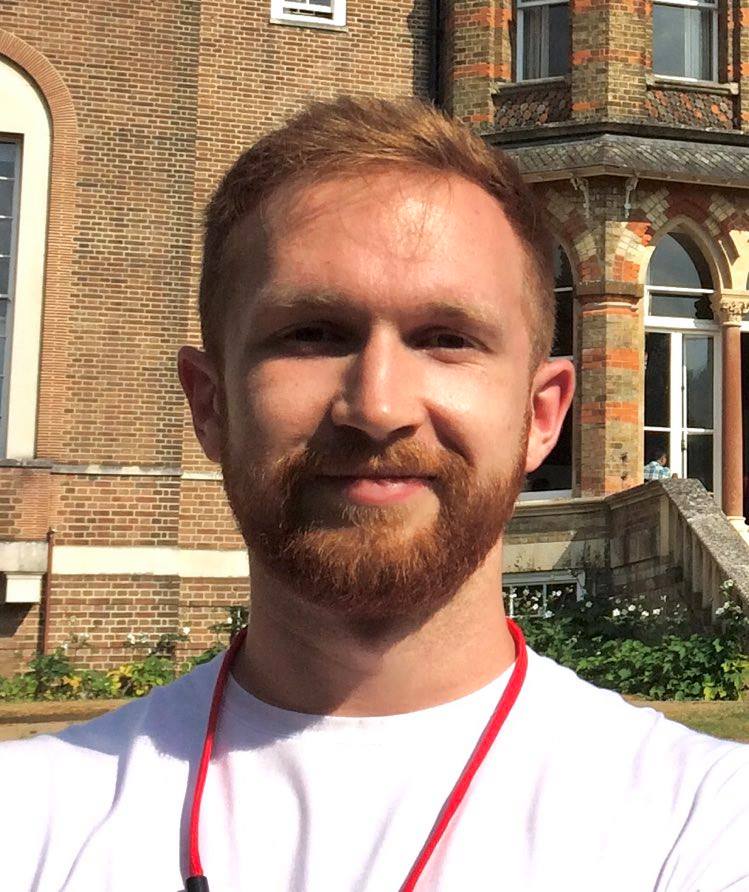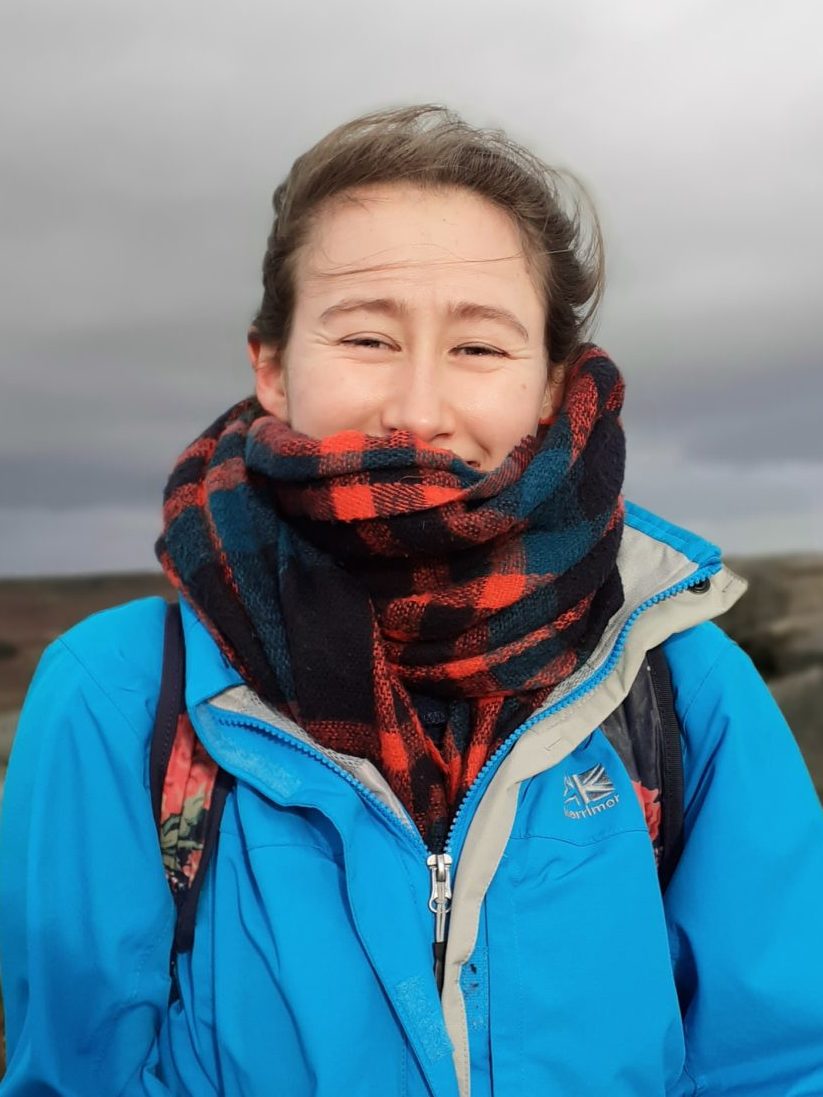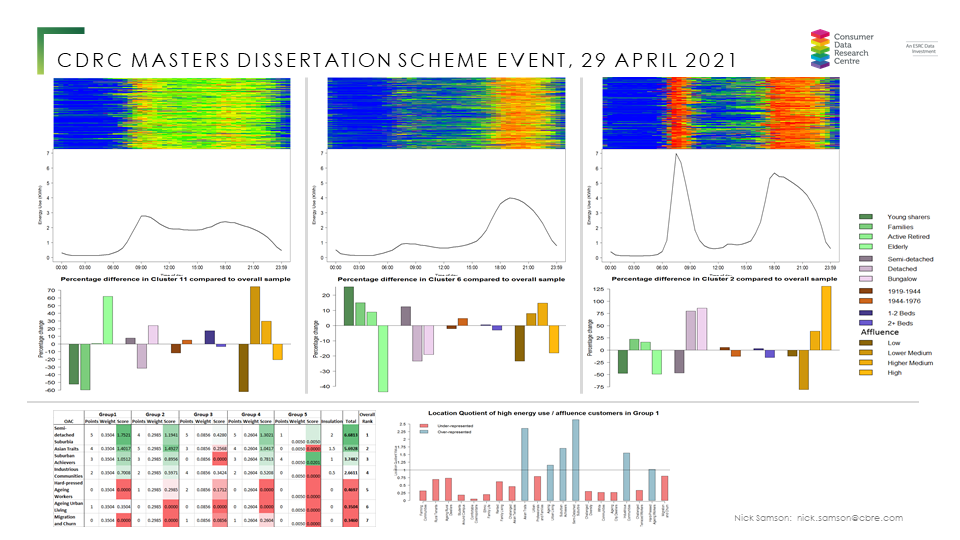The research results from the first of our behaviour change trials working with the Institute of Grocery Distribution have been announced this week! Further blogs from members of the team involved will follow in the next few weeks…
IGD press release
Collaboration between IGD, food and consumer goods industry and the University of Leeds helps shift people towards healthier, more sustainable diets
As part of its ambition to make healthy and sustainable diets easy for everyone, IGD is today launching the first results from its in-store behaviour change trials, testing what strategies at point of sale could shift consumers towards making healthier, more sustainable food and drink choices.
To find out what truly drives long-term behaviour change, IGD has joined forces with leading retailers, manufacturers and researchers at the University of Leeds, to put theory into practice with millions of people through a series of real-life behaviour change trials. These first results were taken from promotions across 101 Sainsbury’s stores during a four-week-period in both January 2020 and January 2021.
With 37% of consumers saying that cost prevents them from eating a healthy, sustainable diet1 , the trials tested the hypothesis: reducing the price of fruit and vegetables to 60p in stores across the country, for four weeks, should increase portions sold and variety of products purchased2 using three behaviour change levers. Sales data analysed by the team at The University of Leeds found the number of promoted fruit and vegetable portions sold increased by 78% when the price was reduced.
Susan Barratt, IGD CEO, said: “Obesity is one of the biggest health problems this country faces. Just 1% of the UK population currently meets government healthy eating guidance.3 With our diets having such a huge impact on our health and our planet, now is the time for government, the food and consumer goods industry and shoppers to take collective action. The most impactful way to make a difference is to change what we eat and drink.
“This report explores our initial findings, which already shows a positive impact through nudge tactics, pricing and product placement. This is a hugely exciting project, demonstrating the genuine opportunity our industry has to make healthy and sustainable diets easier and more accessible for everyone.”
As well as the number of promoted fruit or vegetables purchased, fruit and vegetable sales also increased beyond the items on offer. The findings show that promoted fruit and vegetable sales did decline after the promotions ended, although the rate of decline reduced year-on-year, suggesting some consumers carried their healthier eating habits forward.
Further findings from Sainsbury’s – looking at whether consumers continued to eat a greater variety of fruit and vegetables in the year after the trial – will be reported on in 2022.
IGD is leading the way and bringing industry together to collaboratively drive change by implementing the trials, with support from their research partner, the University of Leeds, through its Leeds Institute for Data Analytics (LIDA) and Consumer Data Research Centre (CDRC). LIDA is capturing and measuring sales data from each intervention to assess what levers drive long-term behaviour change to adopting healthier and more sustainable food and drink choices. With learnings from these and further trials that are underway with several UK retailers, which will be shared in 2022, IGD will recommend how industry can effectively shift consumer behaviour towards healthy and sustainable diets.
Dr Michelle Morris, who leads the Nutrition and Lifestyle Analytics team at LIDA/CDRC, said: “Using anonymous sales data at scale, over an extended period of time to understand consumer behaviours and evaluate interventions, is unique and exciting. The collaborative approach to study design, independent analysis and wide dissemination strategy means that we can share learnings across the sector to make the best changes to help consumers purchase healthier and more sustainable choices.”
Use this report to understand how, by working together, the food and consumer goods industry can drive change and trial real-life solutions to inspire others. As part of this work, IGD has also developed a hub of inspiring industry insight, bringing together a wealth of resources to help deliver change in your organisation. Visit the hub to find out why healthy, sustainable diets should be central to your business strategy and see how you can get involved.
For media enquiries please contact Sarah Burns [email protected] / t: 07483 094027.
- IGD (2021), Appetite for Change
- IGD, Healthy Sustainable Diets: Driving Change, Behavioural Insights Report 2021 – An adult portion of fruit and vegetables is 80g, according to Government guidance
- https://bmjopen.bmj.com/content/10/8/e037554












